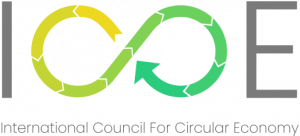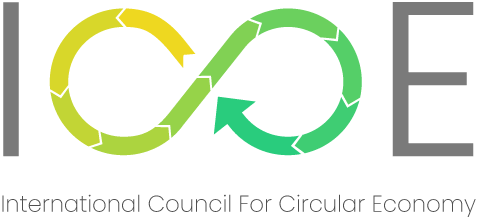

Our global society is not sustainable. We all are facing challenges like waste, climate change, resource scarcity, loss of biodiversity. At the same time, we want to sustain our economies and offer opportunities for a growing world population. With so many pressing environmental issues, we are beginning to understand the complexities of the climate challenges if we take a more holistic perspective on the issue.
A majority of global educators now consider the issue of climate change significant enough to warrant inclusion in the national curriculum. Perhaps it also says something about the role that education can play in helping our students engage with pressing environmental issues and new emerging subjects like “Circular Economy”.
Association of Indian Universities planned a ‘Leadership Development Program’ with the International Council for Circular Economy, aimed at Vice-Chancellors of Universities. More than 110 VCs attended this program that discussed the role of planning, development, and implementation of the latest trends in curriculum development.
The program engaged participants through several case studies in fostering research, innovation and entrepreneurship as well as the global practices to deploy in their curricula. Ms Kadri Kalle from Estonia and Mr Piotr Barzcak emphasized the role of including circular economy in university curriculum.
Dr Pankaj Mittal, Secretary General at Association of Indian Universities highlighted the importance of Zero Waste campuses to achieve circularity.
Prof. Suranjan Das, Vice president at Association of Indian Universities stated the role of university-industry partnerships to promote knowledge in core competencies of environmental education.
Ms Shalini Bhalla, MD at International Council for Circular Economy, brought the fact to light that research and innovation at universities could help to transform invention to innovation.
Kadri Kalle, an education programme manager in Let’s Do It Foundation, focussed on why circular economy is essential in higher education. She pointed out the fact that students in higher education needs to be a major part of the change.
Piotr Barczak, a Senior Policy officer for Waste and Circular Economy at the European Environmental Bureau, discussed the overview of the 2020 Circular Economy Action Plan.
Mr Pooran Chandra Pandey, from Climate Scorecard US, emphasized the role of planning and execution for the Universities to take lead in implementing new age skills.
The Leadership program was a unique program planned with the “International Council for Circular Economy”, an emerging Council in this domain in India. The council is a thought leader in the new domain of Circular Economy. The council is chaired by Ms Shalini Goyal Bhalla. She is the author of India’s first book on Circular Economy titled – “Circular Economy: (Re) Imagining Movement”. The council’s work has been appreciated by Mr Amitabh Kant, CEO NITI Aayog and Prof. Anil Sahasrabudhe, Chairman AICTE.
University leaders discussed expanding the faculty roles in the latest concepts, research and publication of academic journals in Circular Economy. The program was much appreciated by the heads of Universities.

